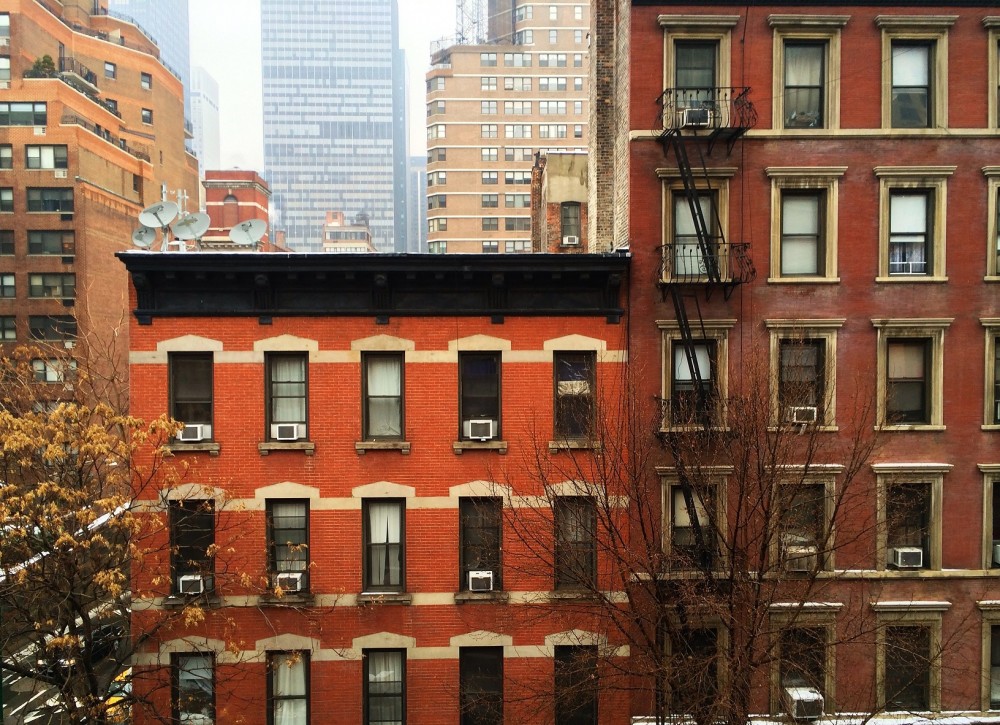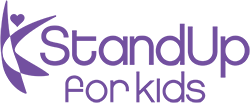Exploring the benefits of not being homeless.
How often do you think about the privileges of simply having a roof over your head? A few years ago, some of our volunteers, trainers, and formerly homeless youth* catalogued those privileges into a list of 42. Today, we present half that list. They truly are an exploration of the benefits of NOT being homeless. And we use them as part of our training exercises for new volunteers.
After volunteers read this list, the mood is generally very somber, while the conversations are often raw. We find that it builds empathy by helping volunteers understand what a youth we work with might have to face on a daily basis. Just to survive. It also helps put our housed volunteers’ daily struggles into perspective.

How many benefits of having a roof over your head can you think of? (Photo by Paul Nylund on Unsplash.)
1. I feel welcome in a variety of places.
2. When I enter some place indoors I do not constantly strategize on how long I could remain inside for fear of the people or weather outdoors.
3. I can assume that if I decided to hang out often in a public area (such as a busy street) that store owners, security guards, or police officers would not first identify me as a suspect if there was some crime committed in the area.
4. I don’t have to act as if I have purpose, such as a potential consumer, book barrower, transit user, hotel guest to simply stay warm, rest my legs, or recollect myself in a tranquil environment.
5. If I choose to, I can read my email in a private place, instead of a computer store or library.
6. I can be confident when walking into a store to ask for permission to use the restroom that my hygiene and overall appearance will not work against me.
7. If I want to keep my home, I don’t have to be in by 6pm and out by 6am.
8. I do not expect to ever return to my home and find it roped off or burned down, or otherwise sealed off or vacated.
9. I can walk out of my house for any reason without having to carry everything I own in a backpack or having to store it in a squat. I can lock up my belongings if necessary.
10. I am pretty sure that when I’m under 18 I can go to a bus station or other public place without constantly worrying that an adult is targeting me as someone that has no place to go.
11. When I need to go somewhere near or far, I can drive or take public transit rather than walk for miles or risk getting into trouble for not paying my fare on a bus or train.
12. If I should need to sit down on a private structure to take a rest, I don’t have to worry about someone shouting at me to move on.
13. I can be reasonably assured that my bed will not be affected by the rain or snow.
14. I can fall asleep when I want to; not have to wait until the middle of the night to sneak into my bed out of fear that someone will see me and follow me to it.
15. When I wake up, I’m certain that I won’t have to break the law that day in order to survive.
16. When I want to go to sleep I never have to make arrangements with others to sleep near me for fear of an intruder entering the area.
17. When I sleep I can take my shoes off since I’m not on the run from the police calling me a trespasser, an apartment renter wanting to do their laundry, or someone throwing their old newspapers on me.
18. I can sit down to any meal and not have to think, “When is the next time that I will eat?”
19. I can shop for all kinds and quantities of food and store them in my refrigerator, having something preserved for whenever I want to eat it. Furthermore, I never have to imagine eating from another’s leftovers and wondering if it is expired or contaminated in some way.
20. I can walk into any establishment having bathed and worn acceptable clothing and not have people stare at me or avoid me because of my hygiene.
21. I’m confident that I’ll never have to wear my socks, underwear, and other clothing for more than a week without washing them.
*Project led by Mike Uca-Dorn, Eddy Ameen, and Marc Fortney. Based on Peggy McIntosh’s 1988 seminal essay, “White Privilege: Unpacking the Invisible Knapsack.” What is missing from this list? If you have a suggestion for the next edition of our training manual, please write to Eddy, national board chair and one of the authors.
